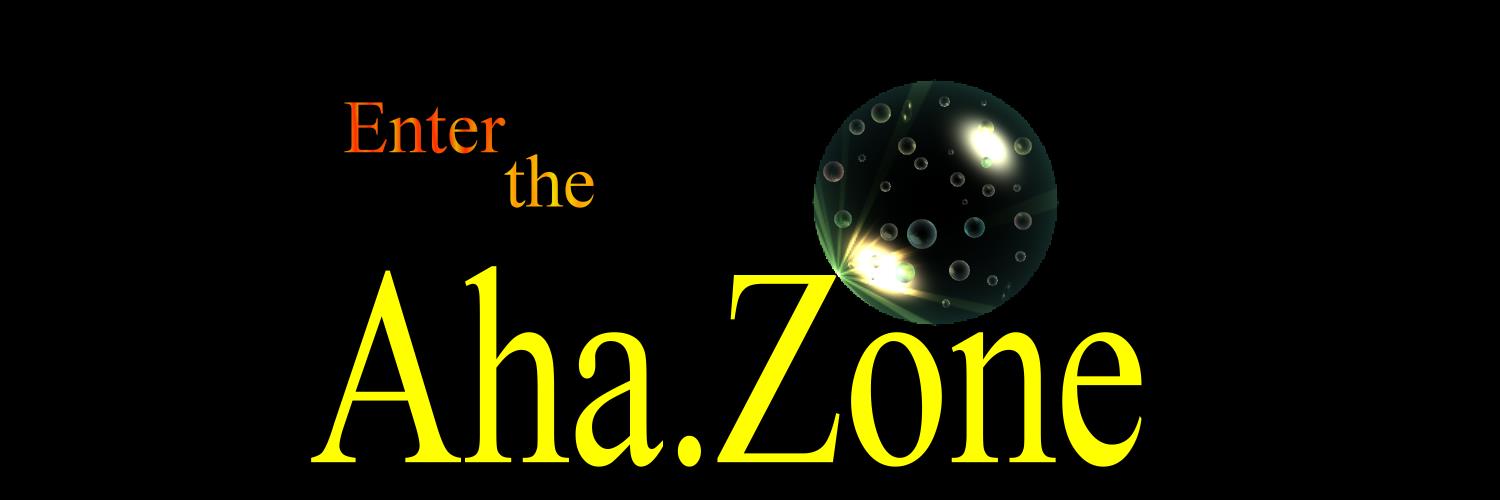404 — Fancy meeting you here!
Don't panic, we'll get through this together. Let's explore our options here.
The URL may be misspelled or the page you are looking for is no longer available.
You can return ← Home or search for the page you were looking for.
